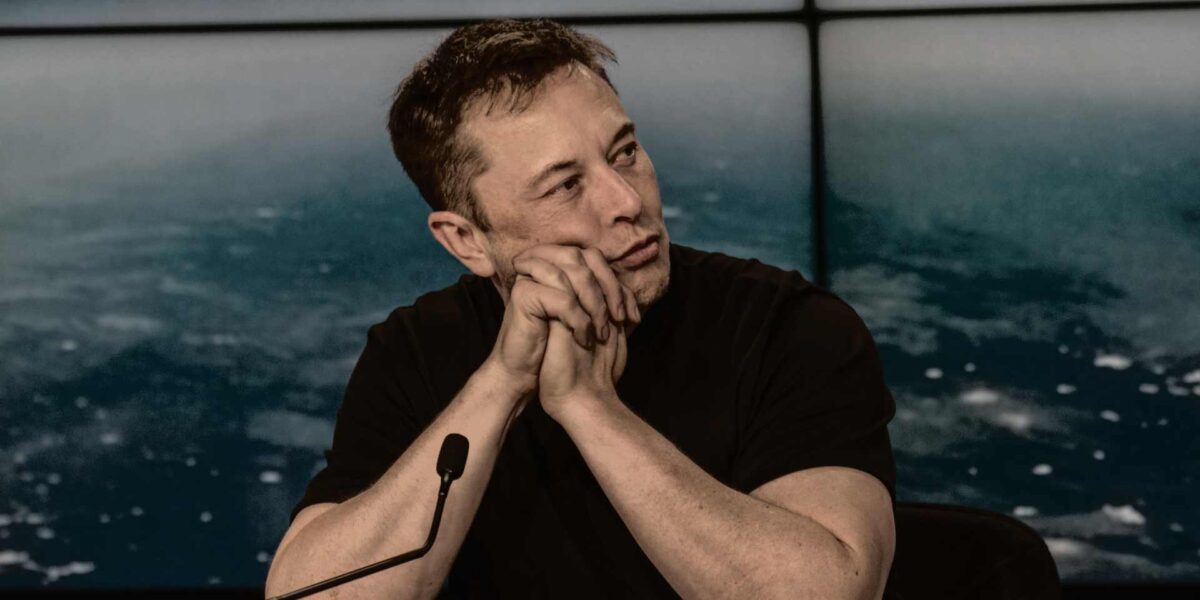Mark Hanna, an unscrupulous Republican backroom operator in the late 19th century, once succinctly summed up all he’d learned about politics: “There are two things that matter in politics. The first is money, and I can’t remember the second.”
An astute observation, although there is a second thing that matters in politics — or at least there was in last week’s US presidential election — and its name is Elon Musk.
In fact, Musk himself embodies the two things that were most important in that election calamity — the first is money and the second is all the disinformation that money can buy.
Musk is the world’s richest man, currently worth $320 billion (up $70 billion since Donald Trump’s victory). Two years ago, Musk bought Twitter — the closest thing we had to a town square — and he’s used it to create information chaos, churning out a gutter full of false information, distortions and outright lies to help re-elect convicted felon Trump.
Sending out thousands of tweets to his 202 million followers, Musk hugely amplified and gave credence to Trump’s outrageous lies — about Haitians eating pets, about Democrats pushing illegal immigrants to vote, about the vast conspiracy that deprived him of his alleged 2020 election victory, etc.
Musk also paid $100 to each registered voter in Pennsylvania who signed a pro-gun petition and then had their names entered into a daily draw for $1 million, paid by Musk, in what might be confused for a vote-buying scheme.
Musk’s efforts to re-throne Trump got an unexpected boost this summer in an important ruling by the US Federal Election Commission (FEC), which removed one of the few remaining restrictions put in place to prevent big money from dominating politics. That FEC ruling further opened the floodgates to billionaire election spending, even beyond the torrent released by the Supreme Court’s Citizens United decision in 2010.
Citizens United permitted the creation of super PACs — funds that enable unlimited amounts of private money to be spent promoting political campaigns. But there were rules restricting a Super PAC from co-ordinating directly with the political candidate it was promoting — on the (far-fetched) theory that keeping the two apart would prevent billionaires from using their super PACs to curry favour with politicians.
The ruling enabled Musk, through his Super PAC, to spend $175 million in direct co-ordination with the Trump campaign, organizing and carrying out the campaign’s crucial ground game. Among other tactics, Musk hired a massive crew of canvassers, who reportedly knocked on 11 million doors in the swing states since August.
The New York Times pointed to the significance of the FEC ruling in helping Musk push Trump to victory: “An ultrawealthy donor took advantage of America’s evolving campaign-finance system to put his thumb on the scale like never before.”
As for the possibility of corruption? Hard to imagine that Musk would have any interest in cashing in, now that Trump is poised to be the world’s most powerful man.
In recent days, Democrats have struggled to understand what could possibly have led Americans to vote for such a vengeful egomaniac, who is so obviously out for no-one but himself. Certainly, there’s truth in Sen. Bernie Sanders’ contention that the Democrats neglected the working class, although this was less true of the actively pro-labour Biden administration than, say, the Clinton administration.
So, sure, we should examine all the factors involved, but let’s not overlook the two most important ones in this election disaster — money and disinformation. They enabled Musk, backed up by the right-wing media ecosystem, to falsify information, deceiving people and depriving them of even basic facts, thereby ensuring millions of Americans would have little idea what they were actually voting for.
This article was originally published in the Toronto Star.



